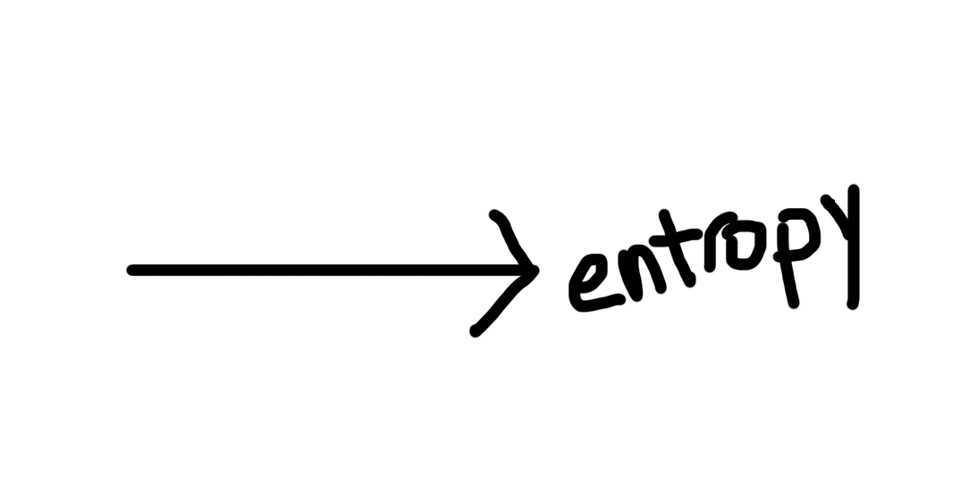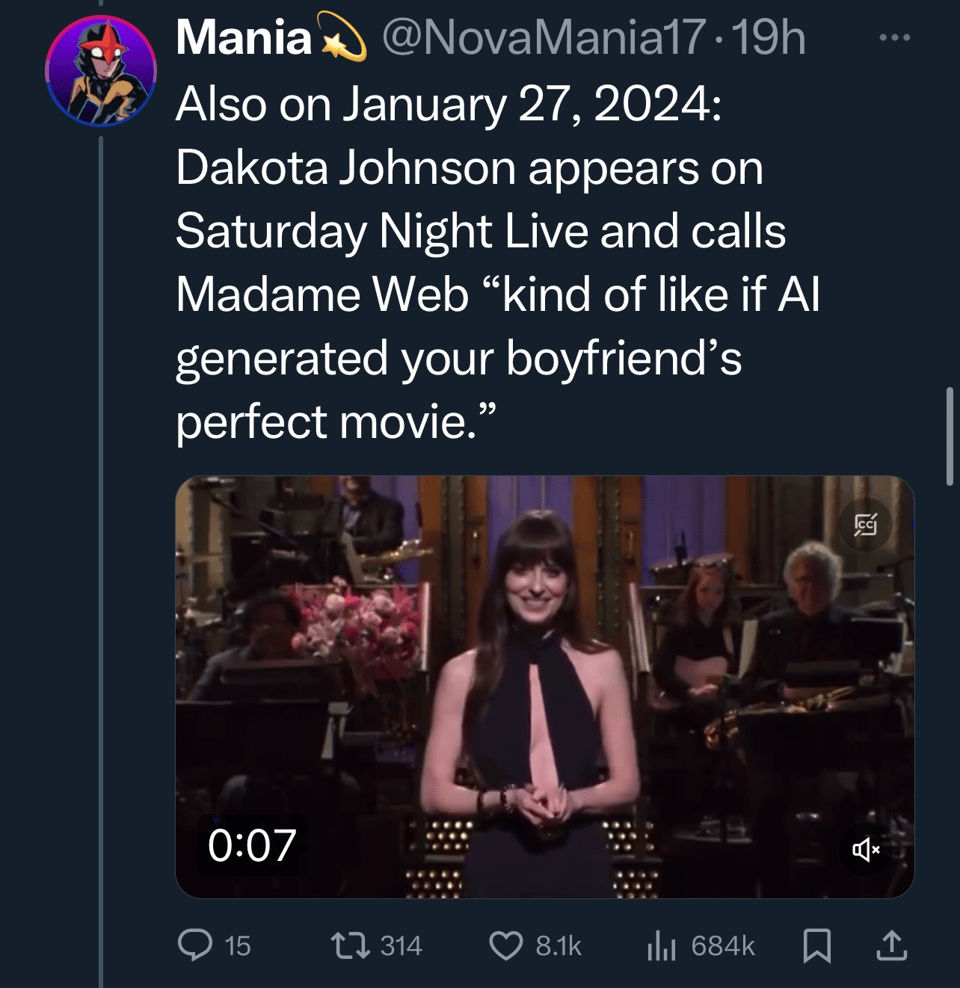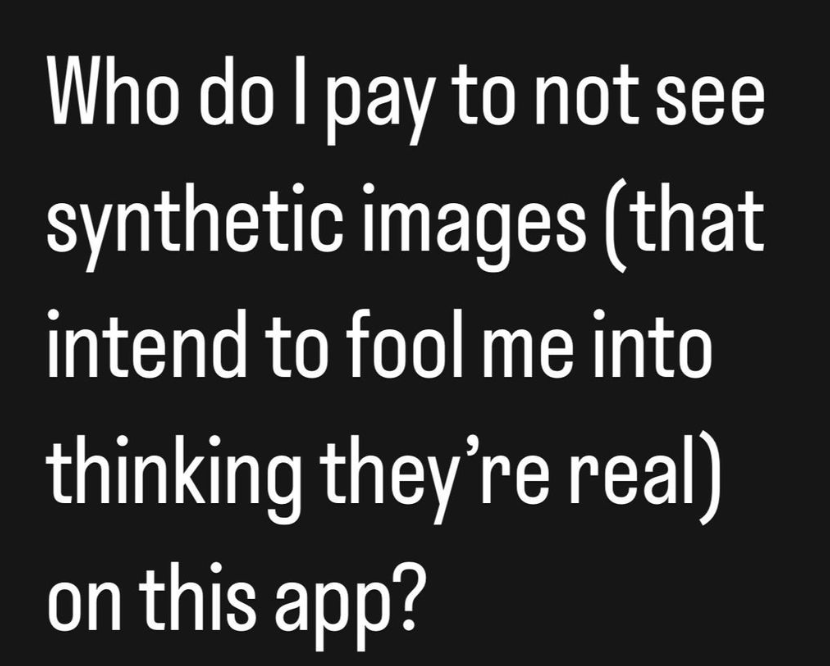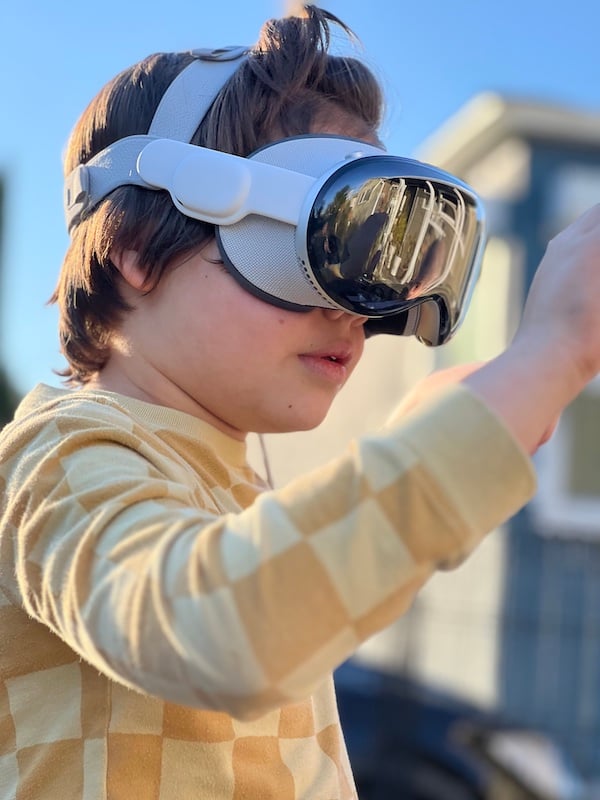Rock of ages
Because the body is a vessel that must also be consecrated, repeatedly, tattoos often have explicitly religious motifs.
(In my experience, even the most banal or profane tattoo has a religious value; no regerts forever.)
Some eighty years ago, the USA sent 250,000 of its young men to fight to the death in the Pacific theater and many came back with a tattoo called the Rock of Ages:

The imagery is based on a Christian hymn written in the late 1700s – right around the time that European sailors were rediscovering the tattoo from their Polynesian trading partners.
Like any great pop song, the first line of the hymn says it all:
Rock of Ages, cleft for me,
let me hide myself in thee;
We want to hide ourselves in that which appears to be solid.
But this is not a physical shelter! The Rock of Ages promises us shelter from time itself.

Of course, the hymn is also ephemeral. It disappears into the air. We sing it with breaths that are counted.
As for the permanent tattoos… well, unless you're unlucky enough to be embalmed or otherwise preserved, they don't last very long either.
But this transience, this immutable instability, only makes our yearning for stability all the more constant and intense.
Let me hide myself in thee!
That's what AI is for me.
The illusion of something solid that in turn creates more instability.
Of course, there is a very real thing called Artificial Intelligence. (I first started sharing this spreadsheet in 2014.) And it is changing rapidly as a result of decades of research, capital investment, etc. It has tremendously useful applications in automating computationally heavy tasks.
But what most of us talk about when we talk about AI is not that thing; it's the epiphenomenon of a crisis of faith.

Like many (but not most) generations before us, we live in a time of tremendous upheaval.
Consider the political landscape:
The US and its European allies appear to be sliding towards direct conflict – or a radical realignment – with the former Soviet Union, now ruled by a former KGB officer turned oligarch.
Rather than footage of war crimes, now refreshed daily and always just a click away, here is a graph of armed conflicts surging in the last three years.
Domestically, the US has entered an equally precarious phase: its would-be oligarchs have paralyzed the legislative branch, are weaponizing the judicial branch and have no qualms about re-installing a literal madman in the executive.
While we're all stuck on this ship of fools, most of us understand power far more directly: in our flesh and blood.
Consider for example, the 64,000 women who became pregnant after being raped in states where abortion has been prohibited. Or the adults who are now fearing their gender will be outlawed.
If these sound like marginal concerns, let's consider how we talk about crime in the wake of the largest social disruption in decades: it's down but we talk about it as if it's up.
(There's are many reasons for that disconnect but the main one, as usual is cui bono: we began a rational conversation about policing thanks to Black Lives Matter – i.e., some bodies are worth less – but that discussion has been shut down by those with a material interest in doing so.)
And because we never paid our debts from the Great War on Terror, it is we who must now live in terror. (Though if you have to temporarily leave the safety of your bunker, fret not, we all have killer vehicles now.)
At least the economy is stable, right? And, yes, thanks to the current administration, the vitals are quite good and the vibes are finally improving.
And yet…
The political economy remains disconnected from our true engines of growth: people. Immigrants, especially.
If this litany feels alienating, then, yes, that is the zeitgeist.
Literally, we are increasingly alone.
Our networked society has demonstrably disconnected us, from facts and from each other.
Not because of any inherent flaw or defect in terminals but because of who owns the damn networks in the first place and what they are expected to produce.
Simulations.

We marvel at the new chat bots the more they resemble real people. We celebrate generated images the more they look real. From AI music to AI friends: the implied value is they are indistinguishable from the real thing – human but without the cost, without the hassle.
That is not humanism.
It is a new, faster road to serfdom; a much more total serfdom than its antecedent, in fact.
In an economy that is quite obviously, demonstrably less competitive, where capital is concentrated and decisions are made by a smaller and smaller group of dubiously qualified individuals, it is understandable that we would want to – and believe we need to – cling to a Rock of Ages.
We are told we have no choice but to use tools we don't own, but rent, made with public data that was at best borrowed (and at worst stolen) in order to extract more productivity from less people while labor gets an ever decreasing share of that wealth.
But that's a lie. We have more choices when we act together: coordinate, collaborate, communicate.
There's a reason why it's called collective bargaining; as in new deals are possible when we work together for one another.
tldr; When evaluating any technology – literally, the logic behind the tech – ask yourself: does this bring me closer to another?
If not, then it's a toy.
And toys are wonderful! Play is sacred. This newsletter is called "fun"!

Simply put: every tool advances an ideology, an understanding of what is valuable and who.
We must continue to reject tools that promote atomization and alienation, the products of an implicit (but increasingly explicit) belief that kings are OK, actually.
Every billionaire is not just a policy failure but a market failure. Projects that require massive outlays of capital are best when they are democratic. The resulting friction is a feature, not a bug.
We evolved on this planet to communicate and collaborate. This is a fact you can confirm by the shape of all our heads, the presence of our thumbs, the helplessness of our babies.
The only bedrock we can rely on is each other.
Welcome to the new Divertedo newsletter, now on Buttondown.email